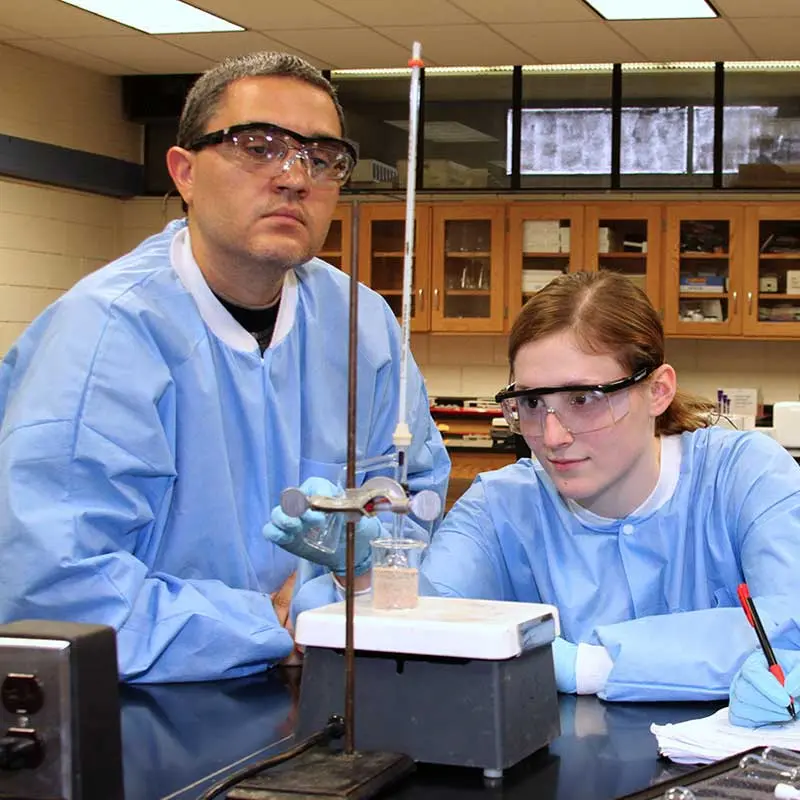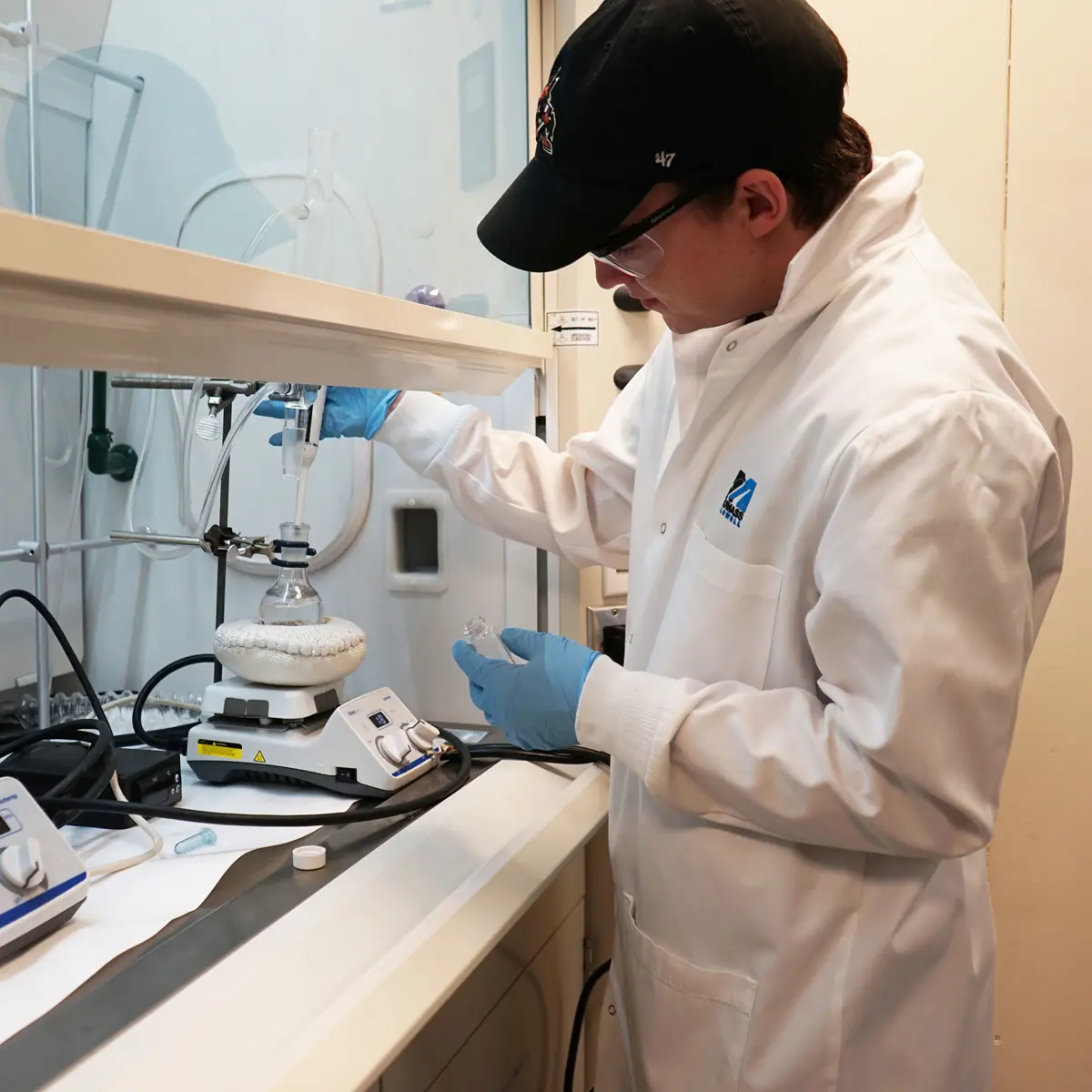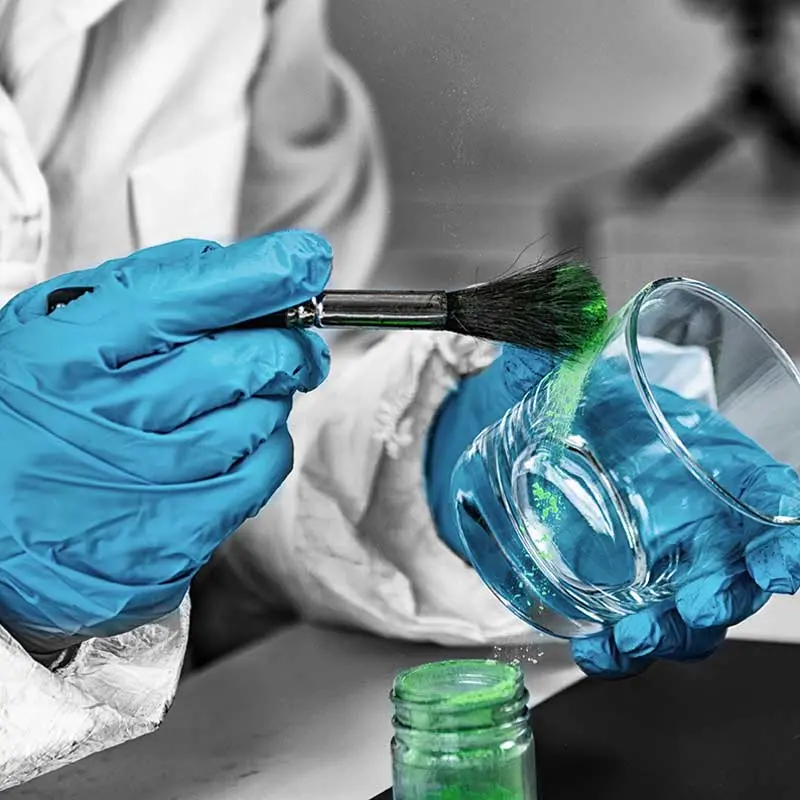MS in Chemistry Overview
UMass Lowell's Master of Science in Chemistry delivers a rigorous, research-focused education designed to advance your career in industry, academia or doctoral studies. Choose from a range of specializations, including analytical chemistry, biochemistry, inorganic chemistry, materials chemistry, organic chemistry, polymer science and sustainable chemistry. You can also elect certain advanced subjects in related fields of mathematics, physics and engineering.
State-of-the-art labs and faculty engaged in research in areas like nanotechnology, catalysis and biofunctional materials ensure you gain practical, real-world expertise to excel in the evolving field of chemistry.



